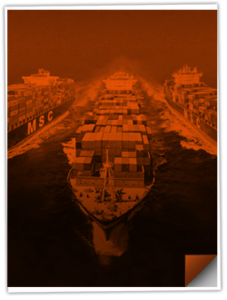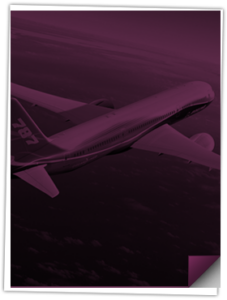What Does a Customs Broker Do?
A customs broker is a licensed professional who facilitates the smooth movement of goods across international borders. Acting on behalf of importers and exporters, they manage essential documentation, ensure compliance with customs laws, and liaise with government agencies like U.S. Customs and Border Protection (CBP).
Key responsibilities of a customs broker include:
- Import customs clearance: Ensuring your shipments meet all customs requirements and clear quickly
- Tariff classification: Correctly classifying your goods under the Harmonized Tariff Schedule (HTS) to determine duties and taxes
- Document preparation: Handling commercial invoices, packing lists, permits, and other required paperwork
- Regulatory compliance: Making sure your shipment complies with all applicable laws and trade agreements
- Duty and tax optimization: Identifying potential savings through duty drawback programs, FTAs, and tariff engineering
Why Are Customs Brokers Critical in International Shipping?
In the fast-paced world of freight forwarding and global logistics, even minor mistakes can result in major shipment delays, fines, or cargo holds. Customs brokers ensure that doesn’t happen. They:
- Keep your shipments compliant and on time
- Navigate complex customs regulations and tariffs
- Monitor geopolitical developments and trade policy changes
- Help you avoid unnecessary duties, penalties, and processing delays
Working with a customs broker means peace of mind—and often, cost savings. With their deep knowledge of customs procedures and supply chain best practices, they help businesses ship smarter and avoid compliance pitfalls.
Choosing the Right Customs Brokerage Partner
Not all customs brokerage services are created equal. Here’s what to look for when selecting a broker:
- Industry Expertise :Choose a broker with experience in your product category—be it pharmaceuticals, textiles, electronics, or alcohol imports. Industry-specific knowledge is crucial for accurate tariff classification and compliance.
- Licensing and Accreditation: In the U.S., customs brokers must be licensed by CBP. Always verify credentials and ensure your broker is authorized to act on your behalf.
- Strong Industry Network: A well-connected customs broker works closely with freight forwarders, port authorities, and customs agencies, giving your shipments an edge in terms of efficiency and problem-solving.
- Communication and Responsiveness: Your broker should be a clear communicator who keeps you informed and helps you understand the “why” behind the “what” in every compliance decision.
The Future of Customs Brokerage in a Tech-Driven Trade Environment
Modern customs brokerage firms are evolving with the times. To keep up with the global trade landscape, they’re adopting cutting-edge technologies and data tools to better serve importers and exporters.
Trends shaping the future of customs brokerage include:
- Automation and digital tools: EDI systems, API integrations, and blockchain for real-time shipment visibility and faster customs processing
- Geopolitical agility: Brokers are constantly tracking new trade agreements, Section 301 tariffs, and global policy changes to keep clients proactive, not reactive
- Data-driven compliance: Advanced analytics and AI tools help brokers optimize duties, spot risks, and guide sourcing decisions
Ready to Simplify Your Shipping? From HTS classification to import customs clearance, a knowledgeable customs broker is your best ally in navigating the complexities of global shipping and logistics. Don’t go it alone—let us cut the red tape so you can focus on growing your business.



